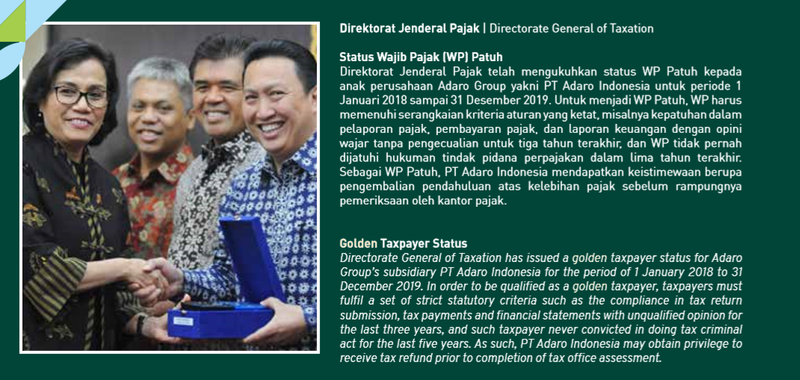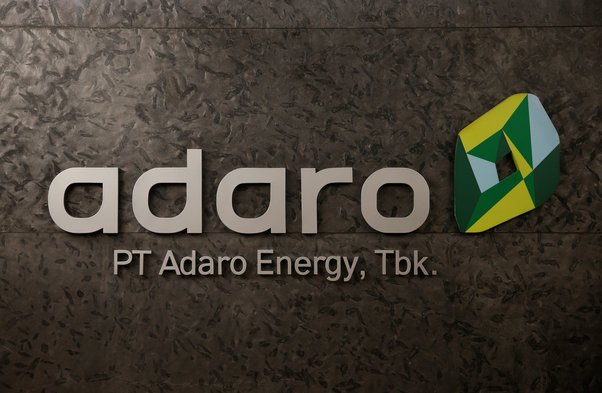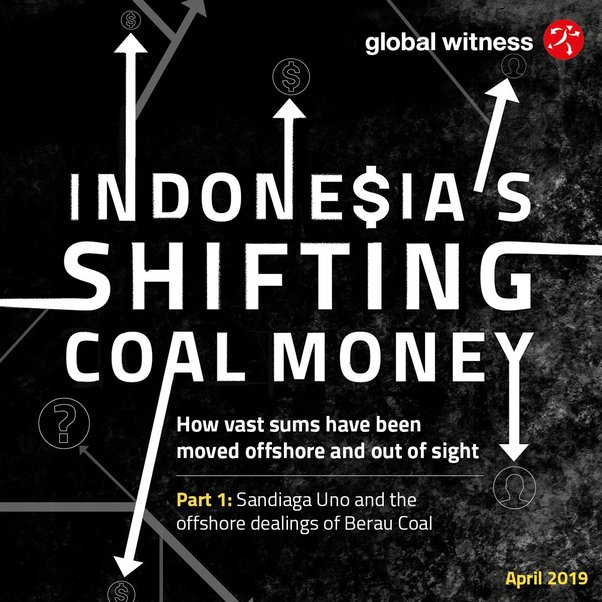What connects an Indonesian coal company, an offshore network that could have helped it to avoid or minimise tax, and one of the UK’s biggest banks?
Adaro Energy is one of Indonesia’s biggest coal companies, operating huge mines and plants across Indonesia, exporting millions of tons of coal all over the world – and with funders including London-headquartered bank, HSBC.
The company is led by Garibaldi Thohir, part of a powerful Indonesian family. His brother Erick, a prominent businessman, owned Inter Milan FC and a US basketball team. Erick Thohir also served as the Chairman of Indonesian President Joko Widodo’s successful 2019 re-election campaign.
Adaro sees itself as a company with a good reputation. Coal is the dirtiest fossil fuel, but Adaro spins its product as ‘envirocoal’, arguing that is less bad than other types of coal. What’s more, they present themselves as an Indonesian company that has a strong “commitment to the nation” through its “tax payments and other contributions”.
In 2017, they won a ‘Golden Taxpayer’ award. The award was presented to Garibaldi Thohir by Indonesia’s well-liked Finance Minister, Sri Mulyani Indrawati, at a special ceremony celebrating good taxpayers.
Adaro are so proud of the award that they put the photograph in their 2017 annual report.

However, the full picture of Adaro’s tax affairs may be more complicated.
A Global Witness investigation, released today, reveals how Adaro has been moving vast amounts of profit out of Indonesia and into a growing network of offshore companies. This raises the question of whether its offshore network helps Adaro avoid or minimise the tax it pays in Indonesia.
These arrangements could have potentially enabled Adaro to pay up to US$125 million less in taxes from 2009-17 that it might otherwise have done. This is money that could potentially have gone into state coffers, and then been spent on Indonesia’s citizens.
Is this what a ‘Golden Taxpayer’ looks like?
Adaro’s arrangements also raise big questions for their business partners. HSBC, one of the UK’s biggest banks, has funded Adaro to the tune of $270 million, and helped to finance the US$545 million Tabalong coal plant in Indonesia, part-owned by Adaro. This is despite HSBC’s claims to support the transition to a low-carbon economy.
The South Korean Government is involved too, part-owning Tabalong with Adaro through a Korean state-owned company. Two government-owned Korean financial institutions have also helped to provide the hundreds of millions of dollars in funding and guarantees for the power plant.
In addition, two Japanese corporations, J-Power and Itochu, have teamed up with Adaro to build one of Indonesia’s biggest coal-fired power plants, the controversial Batang plant in Central Java. Japan’s three biggest banks, MUFG, SMBC and Mizuho, as well as the Japanese Government, are providing billions of dollars to build Batang.
Are Adaro’s business partners aware they could be running reputational risks by associating themselves with a company that could be avoiding or minimising tax – in addition to the well-known environmental impacts of investing in coal?
Our revelations about Adaro come after two other investigations into the Indonesian coal industry that we published earlier this year. We linked politician Sandiaga Uno to payments of at least US$43million from a major Indonesian coal company, Berau Coal, into an obscure offshore firm. We also highlighted how Indonesian senior public official Luhut Pandjaitan’s sale of his coal company to hidden owners left unanswered questions.
Aside from the three cases investigated by Global Witness, there are other, different risks in the Indonesian coal industry. South Korea’s Hyundai Engineering & Construction admitted to The Korea Times to making secret payments to an Indonesian politician regarding a coal-fired power plant project in Cirebon, Java. The politician recently received a five year jail sentence.Meanwhile, several high-profile Indonesian politicians have been convicted of accepting bribes to award a coal plant contract to a prominent business. The Chief of PLN, Indonesia’s state-owned power company, has been arrested in the same case.
Indonesia’s coal companies are feeling the heat. Investors including HSBC should take note and end their financing of new coal mines and plants in Indonesia. If not, it may not be long before the next Indonesian coal scandal engulfs them.

